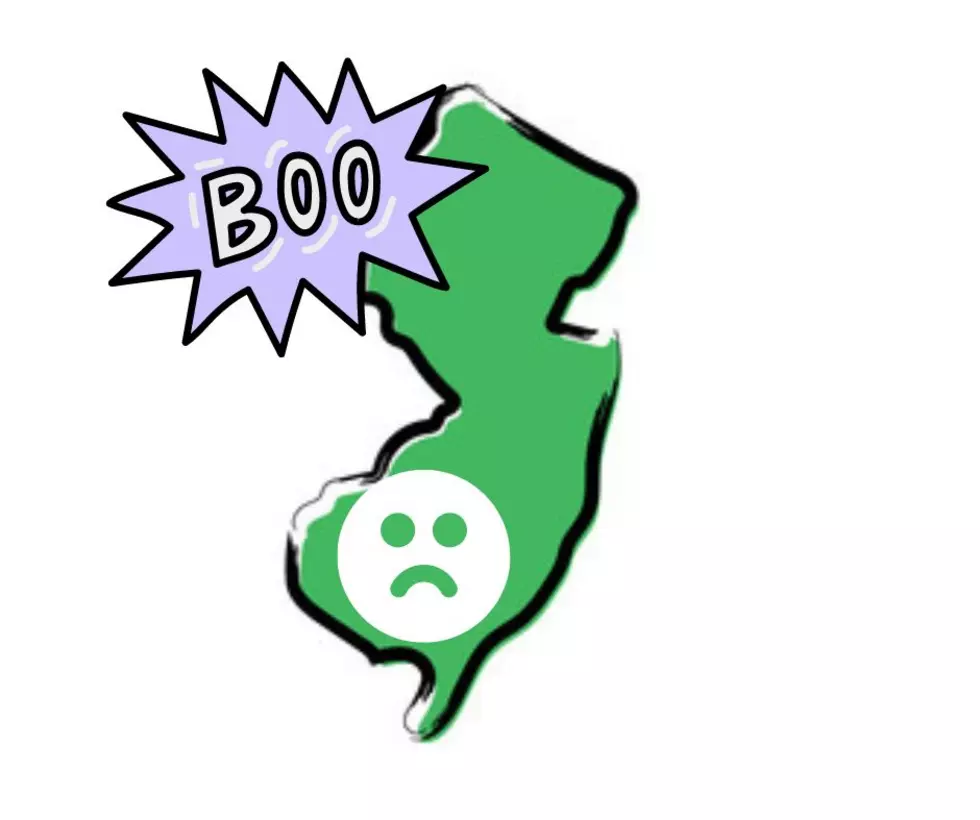
Cha-Ching! The Largest Lottery Jackpots in US History
On July 19, 2023, someone became one of the biggest lottery winners in U.S. history. Powerball's pot had reached over $1 billion after three months without a winning ticket.
Lotteries have existed across cultures for a long time. From ancient Greece to the Han dynasty, people played the odds to realize an ambitious dream; governments looked to profit. In the United States, the popularity of the lottery came with European colonization, according to historian Jonathan D. Cohen's book "For a Dollar and a Dream: State Lotteries in Modern America." Despite Protestant misgivings, the profits lotteries generated were used to finance civil defense; the construction of churches; and even the founding of Harvard, Yale, and Princeton.
Lotteries Grew Up
While lotteries helped fortify a new country, Americans eventually eschewed their use because of widespread concern over mishandling and mismanagement. In 1964, New Hampshire ran the first modern, state-run lottery. Now, only five states—Alabama, Utah, Alaska, Hawaii, and Nevada—don't offer lotteries. At the same time, the District of Columbia, Puerto Rico, and the U.S. Virgin Islands all have lotteries operated by the government.
Winning Support for Causes
States use lotteries to raise money for administrative fees and fund public services such as education or support for veterans. According to the National Conference of State Legislatures, lotteries provide about 1% of state revenue annually. And what do the lucky ticket holders do with their share? Stacker compiled a list of the 16 largest lottery jackpots in U.S. history from news reports and lottery press releases.






